The Quick Answer
Cotton is one of the most used materials for clothing because it is highly appreciated for being soft, non-itchy, breathable and durable. However, when it comes to apparel for hiking, mountaineering and other aerobic activities, cotton has too many shortcomings to be used efficiently. Hiking clothing should provide good temperature regulation and be quick-drying, moisture-wicking and odor-resistant. In the following we will explain why cotton is not a suitable material for hiking clothing. It should also be noted that cotton is one of the least sustainable fabrics there is, because the cotton plant requires enormous amounts of water.
4 Reasons Why Not to Wear Cotton for Hiking
Absorbs too much moisture
Cotton is extremely moisture absorbing – it can absorb as much as 2700% of its own weight in moisture. Competitive materials that are used for hiking clothing absorb much less moisture. For example polyester absorbs only up to 0.4% of its own weight in moisture, silk 30% and Merino wool 33%. As cotton clothing absorbs so much moisture, it doesn’t only become heavy when soaked with sweat, but it also loses its ability to retain warmth (more about this below).
Poor at regulating temperature
Clothing that offers great temperature regulation is able to keep you warm when it’s cold and cool when it’s hot. As the thermal conductivity of water is much higher than the thermal conductivity of air, this is only possible if your skin and clothing stay relatively dry – even when you are sweating. If your apparel gets soaked with sweat (or rain), your body heat is rapidly transmitted to it (in a process called conduction) and therefore you lose warmth very fast. Cotton clothing is especially problematic during the rest phases of hiking trips in cold conditions (or when you reach a windy peak) as it is often soaked with sweat and therefore it leads to rapid body heat loss. This can in severe cases lead to hypothermia.
Long drying time
As cotton absorbs so much moisture it also dries very slowly. Hiking requires clothing that dries fast and thus reduces conductive heat loss, keeping you at your body’s natural temperature.
It’s heavy
Cotton is in general heavier than competitive synthetic fabrics and because it absorbs so much moisture it gets even heavier when soaked with sweat.
What are the alternatives?
There are many alternatives to cotton – the most popular being polyester, Merino wool, nylon and silk. For more information about these materials please read our Comparison of Base Layer Materials.
For those who really don’t want to give up on cotton there are also different blends which include cotton and synthetic fibers. Such blends are Drirelease cotton and Dri-Fit Cotton from Nike. Some of these blends include a very high percentage of cotton, with the rest being polyester and/or elastane. Clothing made of these blends absorbs much less moisture than classic cotton clothing and therefore it dries faster (up to 8 times faster than other cotton clothing) and offers better temperature regulation while being soft and non-itchy to the touch.
I’d love to hear your thoughts on cotton. Write them in the comments section below.
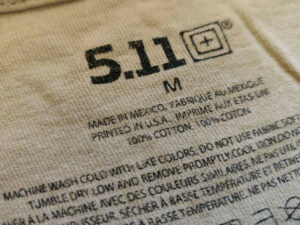
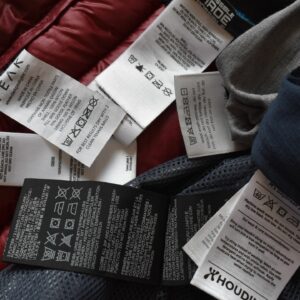

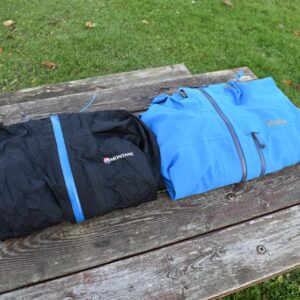
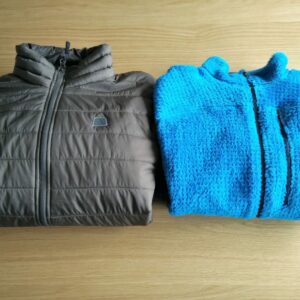
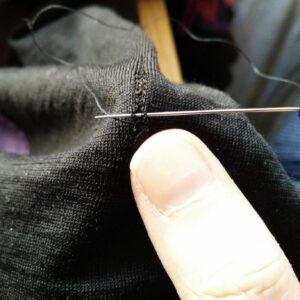
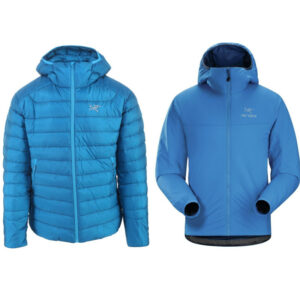

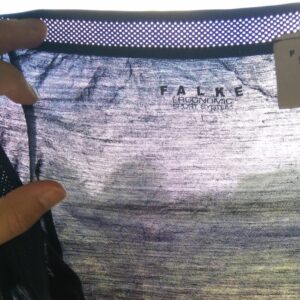






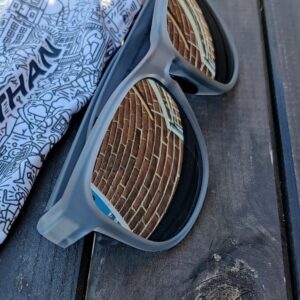






Again, the stink of synthetic material. I’m prepping to hike to Machu Picchu. Everywhere I read, don’t wear cotton. It absorbs moisture. But it doesn’t stink like hell. And if you take off your outer garment (because you’re hot and sweating) it dries quickly enough. Maybe not in seconds, like synthetics can, but it’s not a moisture drying race is it?? Clothes that stink, that you need to carry with you for days seems like a significant issue. No? And I am not a huge heavy sweater, either. And my sweaty cotton t-shirts never smell as much as my dry synthetic ones.
Why isn’t this issue acknowledged and discussed properly. The advice on most hiking websites is for synthetics. I don’t get it.
Hi Nick,
I agree that odor control is a big disadvantage of synthetic sportswear. Nevertheless, most synthetic sportswear nowadays is treated with anti-odor agents and some of them actually work pretty well. Cotton does dry significantly slower than synthetic materials and that becomes a problem in cold conditions where it accelerates the loss of body heat. A much bigger problem than wearing or carrying a stinky base layer. If you’re looking for clothing with superb odor control that also dries very fast, check out Merino wool clothing. I’m a big fan of Merino wool.
Regards,
Blaz